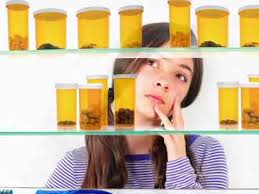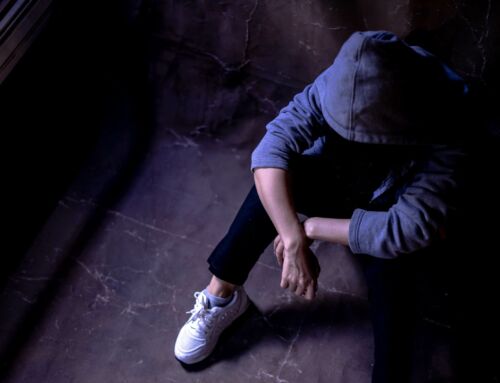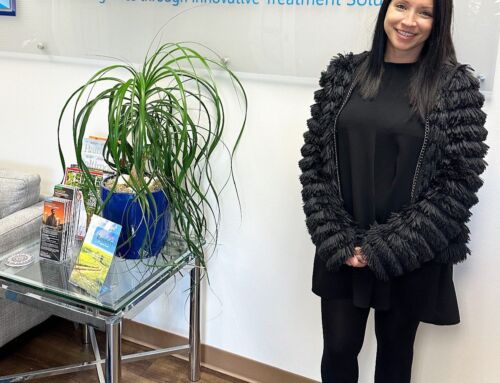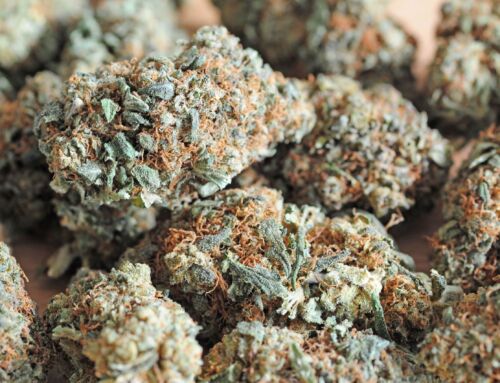 In today’s society, parents are under a lot of stress concerning their children and the potential for teen drug use and abuse. Drugs are becoming more potent and readily available. Teens, through social interaction, the media and social networking, are exposed to drug use at an earlier and earlier age. Parents need to be educated on warning signs if they suspect their children are on drugs. Here are six (5) warning signs to be cognizant of as a parent of teenagers:
In today’s society, parents are under a lot of stress concerning their children and the potential for teen drug use and abuse. Drugs are becoming more potent and readily available. Teens, through social interaction, the media and social networking, are exposed to drug use at an earlier and earlier age. Parents need to be educated on warning signs if they suspect their children are on drugs. Here are six (5) warning signs to be cognizant of as a parent of teenagers:
1. BEHAVIORAL ISSUES
Parents need to look for a change in behavioral issues of their child. Have they become extremely moody, suffer from mood swings or from severe emotional instability? Has there been an extreme change in relationship dynamic with the teens family and friends? Does the teen appear depressed or withdrawn or has there been a decrease in motivation or towards activities they previously enjoyed? Are they isolating? Have they made a sudden or extreme change in friendships? Is the teen acting secretive or deceitful or have you caught them lying regularly? Is the teen angry, hostile and uncooperative?
2. HEALTH ISSUES
Parents that suspect their child may be using or abusing drugs or alcohol need to watch for any health-related issues with the child. Make sure to take them to a primary care physician that has experience treating the teen, as they should have some insight into any health issues that arise. Has the teen had a sudden or dramatic weight loss or gain? Are they frequently sick? Do they have a runny or bloody nose that is not caused by allergies or a cold? Are they regularly nauseous or vomiting? Do they have a large amount of bruising or skin abrasions? Are their sores and/or spots around the child’s mouth? Are they constantly sweating?
3. PERSONAL APPEARANCE
Parents need to be aware of an major personal appearance issues in their teen that may suggest drinking or drug abuse. Has the child suddenly changed styles, perhaps dressing in a manner fitting into a new crowd of friends? Has a child that once took great pride in their personal appearance let themselves go related to cleanliness or appearance? Do they have a messy, careless or dirty appearance? Does the teen express apathy related to their personal appearance? Do they demonstrate poor hygiene? Do they have red, flushed cheeks or face? Do their pupils look irregular, either larger than normal or pinned? Do they have new burns or spots on their fingers or lips? Does the child have bruising on the arms or even track marks (indicated injecting narcotics) on the arms or legs. Do they wear long sleeves on warm or hot days?
4. PERSONAL HABITS
Parents of teens that may be using or abusing drugs and/or alcohol may notice a change in the teens personal habits. Does the teen now avoid eye contact? Do they clench their teeth regularly? Are their social habits changing or do they go out every night or stay out for longer periods of time without mentioning what they are doing? Does it seem like they are have secretive phone calls or hiding text conversations? Have then suddenly been using air fresheners, scented candles, or incense? Are they asking for money more often or seem to be having financial issues with no good justification? Are they using chewing gum or mints to cover up their breath or using over-the-counter preparations to reduce eye reddening (eye drops), nasal irritation, or bad breath (breath mints or gum)? Have they had multiple unexplained car issues, such as blaming car problems for breaking curfew or unexplained dents in the car?
5. SCHOOL OR WORK ISSUES
Parents that have concerns over a child with a possible drug or alcohol problem will be able to notice issues at school or work. Has a child that previously taken pride in their schoolwork suddenly lost interest? Has the child been truant to school? Has there been a sudden drop in grades or GPA? Has there been a concerning rise in teacher concerns or complaints about the child’s interest, grades or behavior? Has there been a loss of interest in extracurricular activities such as sports. hobbies or other interests? Have there been a failure on the child’s part to take care of responsibilities at school or work? Have they been written up at work more often? Has the child bounced around from job to job with no good reasoning as to why this keeps occurring? Trouble holding a job? Has there been reports of intoxication at school or work?
Drug and alcohol education and prevention is important. Parents need to know the warning signs if they suspect their children are using or abusing drugs. However, parents also need to be aware of the resources available if the child is using or abusing drugs or showing signs of a drug addiction. Parents need to know that this is not an unusual issue to deal with in children and parents need to know it’s okay to talk about the issue, seek help and ask for guidance and direction by professionals. Drug addiction doesn’t discriminate. Don’t be blind and hide behind the “It can’t happen to my kid” line. It may not be your kid, but if it is then parents need to know what to look for, what to do, what services are available and who to call for help.
If your child or a child you know is suffering from a drug and alcohol addiction and needs treatment please call us for help. Maryland Addiction Recovery Center offers the most comprehensive addiction treatment in the area. If we aren’t the best fit, we will work with you to find a treatment center that fits your needs. Please call us at (410) 773-0500 or email info@marylandaddictionrecovery.com. For more information on all of our alcohol and addiction treatment services and resources, please visit the web site at www.marylandaddictionrecovery.com.

Table of Contents





